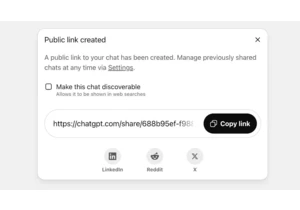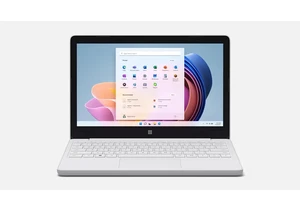YouTube has changed its ad guideline policy surrounding swear words, allowing creators a bit more freedom than before. In a video announcement, YouTube's head of monetization, Conor Kavanagh, said that videos containing stronger profanity such as f-bombs in the first seven seconds are now eligible for full monetization. In 2022, YouTube introduced a policy that would flag videos using profane language in the first several seconds as ineligible for advertising. It relaxed that rule a bit in 2023. Videos containing moderate profanity, such as "asshole" or "bitch," in the first seven seconds no longer faced restrictions. Those with strong profanity were only eligible to get limited ad revenue. Now, those videos can be fully monetized.
In his announcement, Kavanagh explained that YouTube introduced its old rules, because advertisers wanted to distance their ads from profanity. But times have changed, and advertisers can now target content based on their desired level of profanity if they want to. He warned, however, that using strong swear words in titles and thumbnails would still limit a video's advertisements. In addition, using strong profanity too much in one video, such as making a compilation of a fictional character swearing, would still violate the platform's advertiser-friendly content guidelines. In other words, yes creators can swear in the opening of a video now, but they still have to be mindful if they want the video to earn money.
Accedi per aggiungere un commento
Altri post in questo gruppo

Whew, it's been a crazy few weeks for us at Engadget. School may still be out, but there's no summer break for the steady stream of new gadgets coming across our desks. I'll forgive you if you miss

Instagram is no longer allowing public accounts to go live if they have less than 1,000 followers. Users have been reporting over the past few days that their accounts aren't eligible for Live broa

Welcome to our latest recap of what's going on in the indie game space. A bunch of new games dropped this week that are more than worthy of your attention, including a modern take on an old-school



OpenAI has removed a feature that made shared ChatGPT conversations appear in search results. The "short-lived experiment" was based on the chatbot's link creation option. After complaints, OpenAI'

Microsoft is ending support for its ChromeOS competitor Windows 11 SE. The company will officially stop providing "software updates, technical assistance and security fixes" in October 2026, accord
